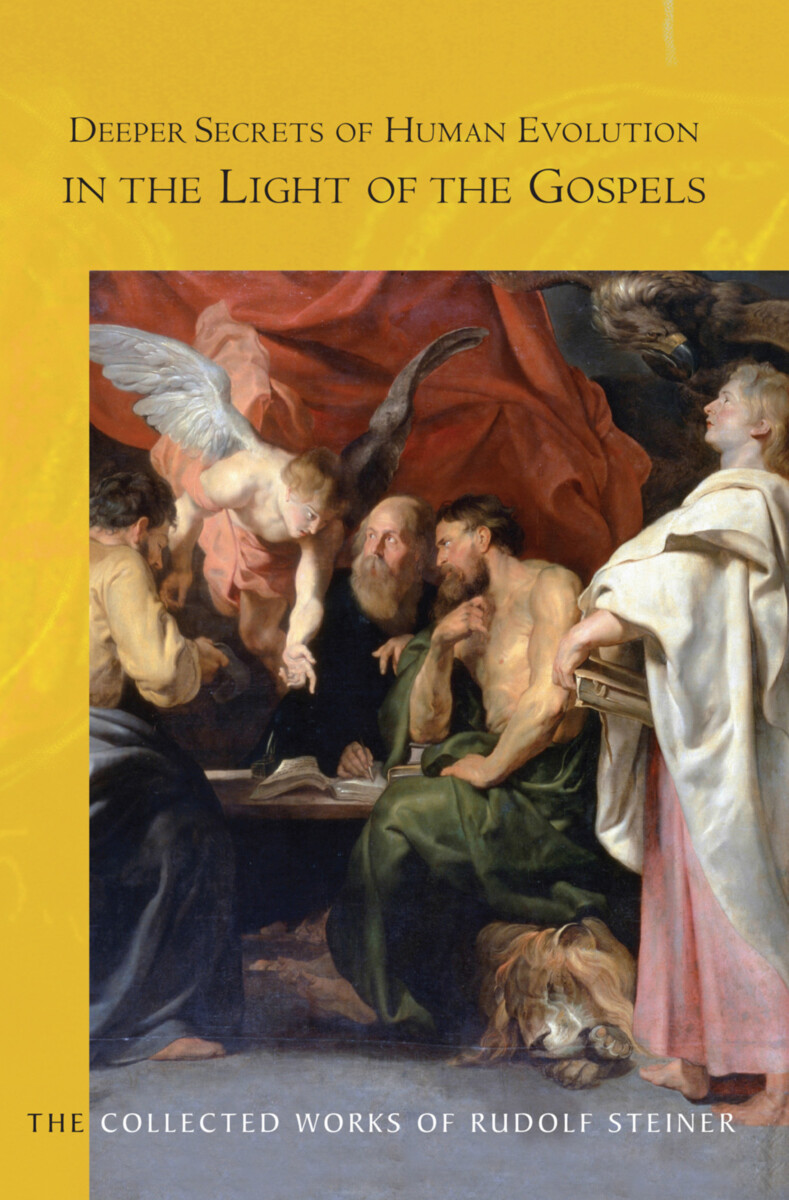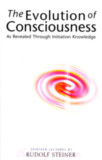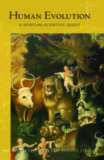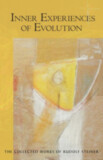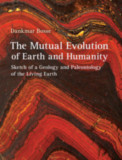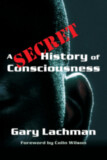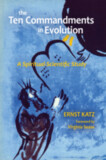Deeper Secrets of Human Evolution in Light of the Gospels
(CW 117)
- Publisher
Rudolf Steiner Press - Published
11th March 2022 - ISBN 9781855845923
- Language English
- Pages 248 pp.
- Size 6" x 9.25"
12 lectures, various cities, Oct. 11 – Dec. 26, 1909 (CW 117)
“The personality who received the Christ Being into himself in his thirtieth year is a complex entelechy. Only on the basis of the Akashic Record can an accurate view be gained as to why the life of Jesus is so diversely presented in the various Gospels...”
—Rudolf Steiner
Previously untranslated, this collection of twelve lectures represents a middle point in Rudolf Steiner’s unique exposition of the Christian gospels. His momentous courses on the Gospels of John and Luke had already been delivered, while his lectures on the Gospels of Matthew and Mark gospels were yet to come. In these lectures, he examines the varying accounts of Christ in the Gospels, explaining that they represent four different though complementary perspectives. Steiner’s unparalleled insights are based on his firsthand ability to research the spiritual “akashic record,” the universal compendium of all events, thoughts, emotions, and intentions.
Translated by Christiana Bryan, this volume features an introduction by Tom Ravetz, as well as notes and an index.
This book is a translation from German of Die tieferen Geheimnisse des Menschhietswerdens im Lichte der Evangelien(GA 117).
A previous translation of three of these lectures was published as Deeper Secrets of Human History in the Light of the Gospel of St. Matthew (1957).
These twelve lectures include:
The Gospels, Buddha, and the Two Jesus Children
Four Varying Depictions of Christ in the Four Gospels
The Mission of the Ancient Hebrew People
Preparations for an Understanding of the Christ Event
On the Right Attitude to Anthroposophy
The Gospel of Matthew and the Christ Conundrum
Group Souls and Individuality
God within and the God in Outer Manifestation
The Christmas Tree as a Symbol
A Christmas Mood
Rudolf Steiner
Rudolf Steiner (b. Rudolf Joseph Lorenz Steiner, 1861–1925) was born in the small village of Kraljevec, Austro-Hungarian Empire (now in Croatia), where he grew up. As a young man, he lived in Weimar and Berlin, where he became a well-published scientific, literary, and philosophical scholar, known especially for his work with Goethe’s scientific writings. Steiner termed his spiritual philosophy anthroposophy, meaning “wisdom of the human being.” As an exceptionally developed seer, he based his work on direct knowledge and perception of spiritual dimensions. He initiated a modern, universal “spiritual science” that is accessible to anyone willing to exercise clear and unbiased thinking. From his spiritual investigations, Steiner provided suggestions for the renewal of numerous activities, including education (general and for special needs), agriculture, medicine, economics, architecture, science, philosophy, Christianity, and the arts. There are currently thousands of schools, clinics, farms, and initiatives in other fields that involve practical work based on the principles Steiner developed. His many published works feature his research into the spiritual nature of human beings, the evolution of the world and humanity, and methods for personal development. He wrote some thirty books and delivered more than six thousand lectures throughout much of Europe. In 1924, Steiner founded the General Anthroposophical Society, which today has branches around the world.


